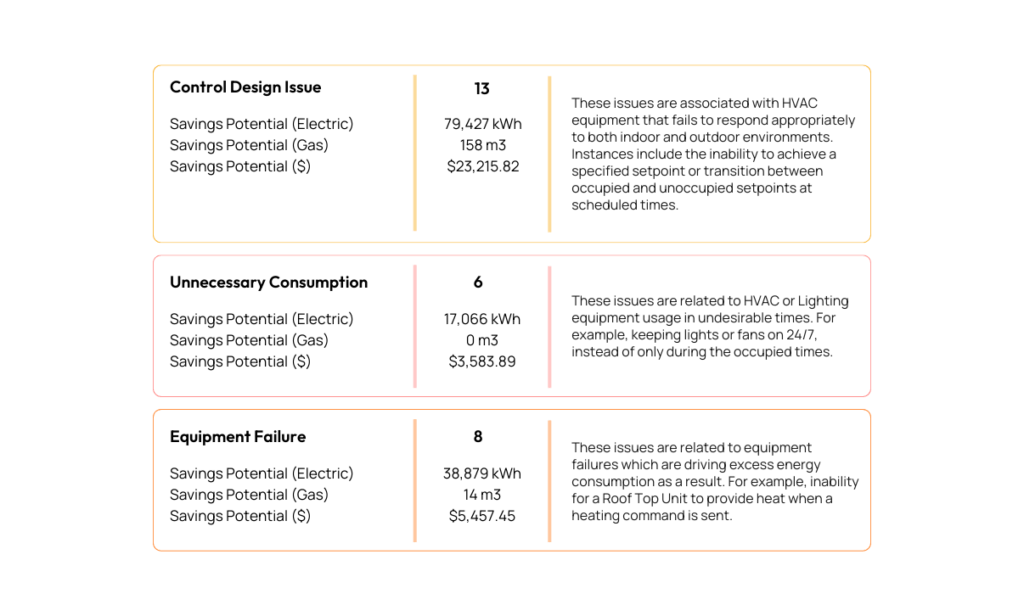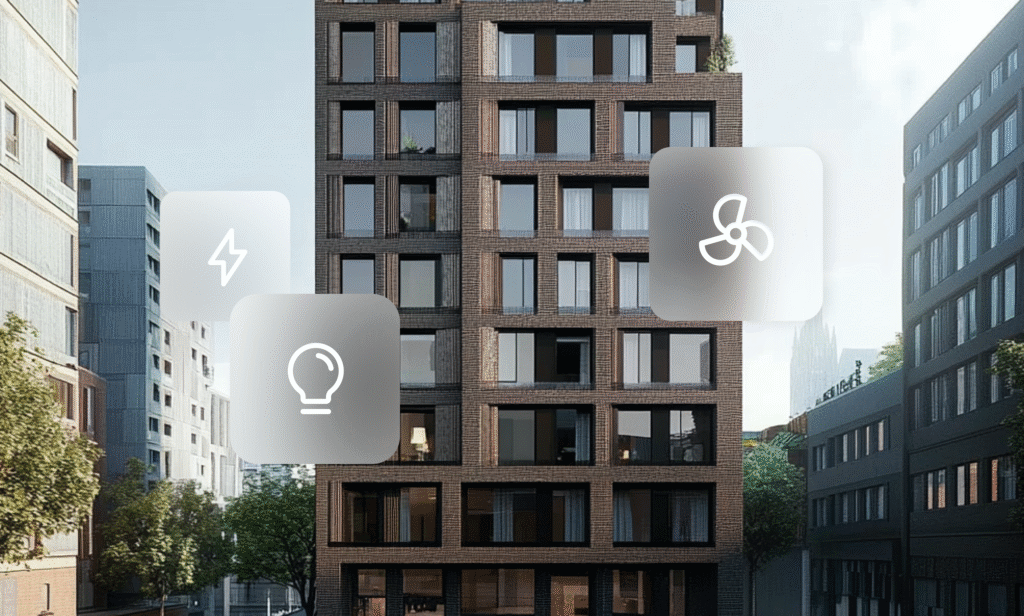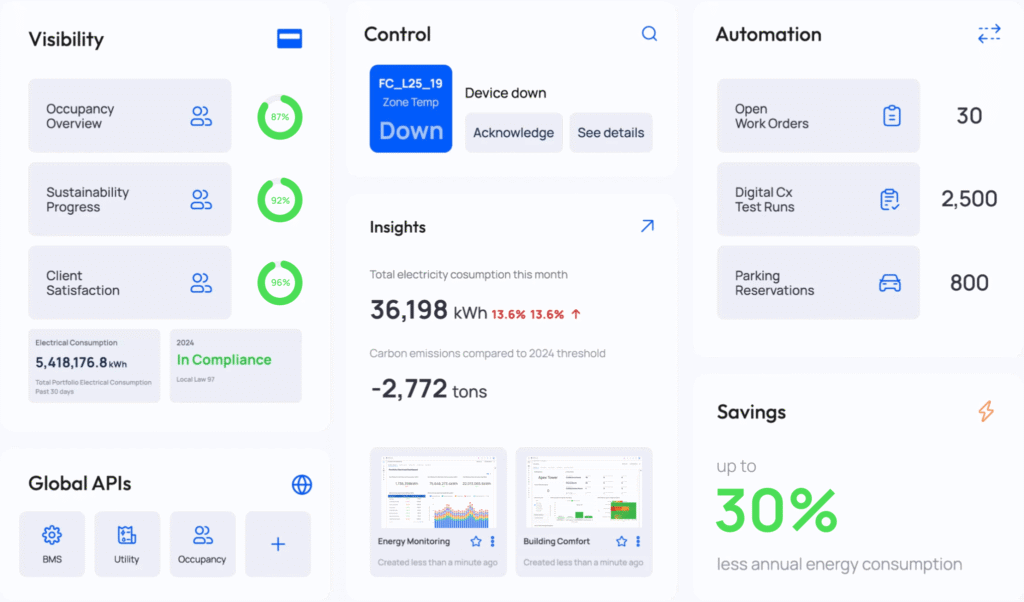
Building
Retail Chain

Location
Nation-wide, US

Solution
Unified Building Insights
Remote Command & Control
Equipment Performance Optimization
By KODE Team
On this page
Sign up to our newsletter
Subscribe to receive the latest blog posts to your inbox every week.
By subscribing you agree to with our Privacy Policy.
A leading retailer operating 4,800 department stores across multiple regions faced mounting operational challenges due to outdated building management systems (BMS), high energy costs, and inefficient HVAC operations. Their fragmented infrastructure led to rising expenses, inconsistent store conditions, and slow issue resolution, forcing a need for modernization.
To address these inefficiencies, the client sought a scalable, cost-effective solution that could integrate with their existing BMS, standardize operational data, and leverage predictive analytics for proactive issue management.
By deploying KODE OS, the client transitioned from reactive, manual operations to a centralized, data-driven smart building management system, unlocking millions in potential savings while enhancing store comfort and sustainability.
Challenge
High energy consumption leading to increased operational costs and uncomfortable store conditions due to inefficient HVAC operations. Challenges were identified in three main categories: legacy BMS hardware, lack of data standardization, and lack of energy usage visibility.
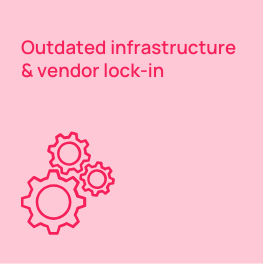
The client’s legacy BMS controllers were outdated and required costly upgrades from incumbent vendors. Without an open, flexible solution, they were left with two options: pay exorbitant fees for necessary enhancements or continue operating inefficiently—leading to prolonged issue resolution and rising costs.
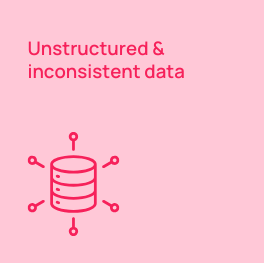
Store operations were hindered by non-standardized data across locations. With building documentation and system data varying significantly, effective monitoring, analysis, and troubleshooting were nearly impossible, slowing operational efficiency.

Due to vendor lock-in, the client lacked insights into energy consumption and inefficiencies, preventing them from:
- Addressing operational inefficiencies in real-time
- Leveraging data for energy efficiency projects
- Implementing cost-saving strategies across their portfolio
Client Objectives
- Integrate seamlessly with the legacy BMS and standardize data.
- Employ predictive analytics for proactive issue identification.
- Simplify operations with a user-friendly platform.
- Generate KPIs & insights to drive energy efficiency.
Solution
The client adopted a three-phase strategy for KODE OS integration and they are currently halfway through the second phase.

Phase 1: Competitive evaluation & proof of concept
To ensure the right solution, the client conducted a competitive evaluation among three leading smart building platform providers. KODE Labs emerged as the top choice, surpassing a large conglomerate and another vendor of comparable size.
A pilot deployment across 20 representative stores revealed key scalability opportunities, leading to the onboarding of 1,000+ stores in record time.
Key features
- Data normalization: Standardized data across the portfolio for enhanced insights & automation.
- Centralized store operations: Remote command & control with standardized alarm management.
- Digital commissioning: Proactive maintenance and efficiency tracking across stores.
- Mass scheduling & optimization: One-click operational adjustments at scale.
- Fault detection & service automation: Intelligent issue prioritization and automated work orders.
- KPI benchmarking & insights: Real-time energy, comfort, and operational performance metrics.
Outcome
Within a two-month analysis period, the client witnessed significant cost savings and operational enhancements. Notable achievements include:
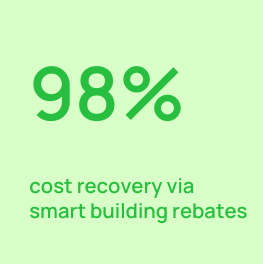
By leveraging rebate programs across multiple regions, the client recouped up to 98% of modernization costs—making the transition highly cost-effective.
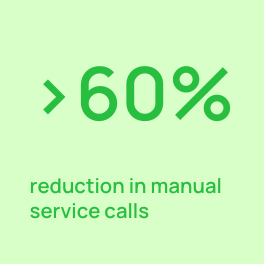
Automated > 60% of service tickets that were previously handled manually, freeing up resources for more strategic initiatives.
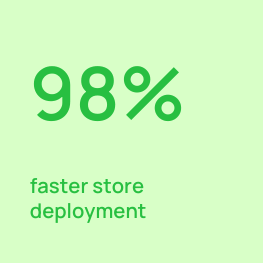
Following Phase 1, KODE Labs optimized the deployment process, reducing the average onboarding time from 1 week to just 4 hours—a 98% improvement in efficiency.

A third-party consulting firm extrapolated portfolio-wide savings, estimating up to $6-7 million per year in operational efficiencies across all 4,800 stores.

Conclusion
By partnering with KODE Labs, this major retailer successfully transitioned from reactive, inefficient operations to a modern, data-driven smart building strategy. With KODE OS, they have unlocked millions in savings, streamlined operations, and positioned their retail network for long-term sustainability, cost efficiency, and innovation.
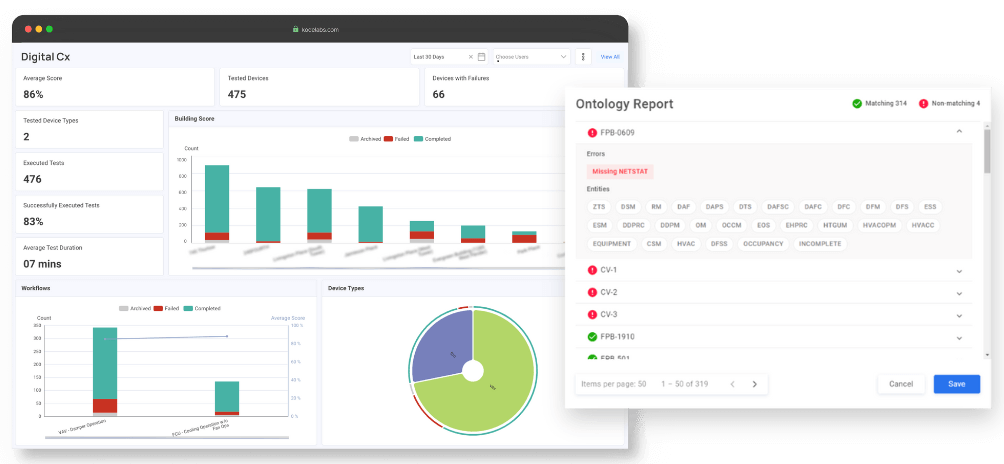
Savings opportunity from issues identified
